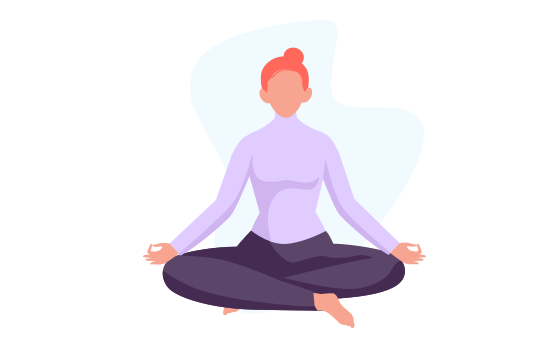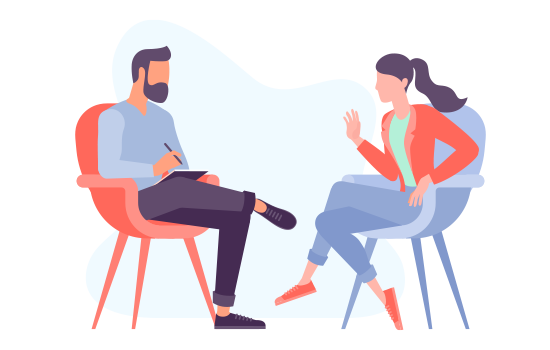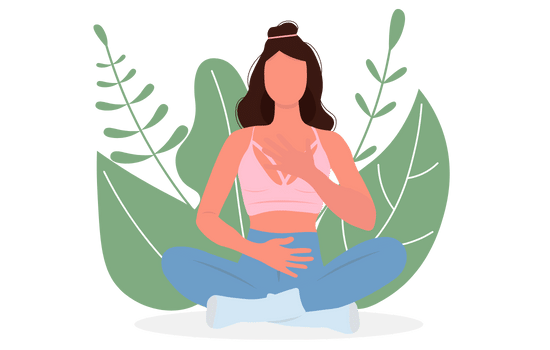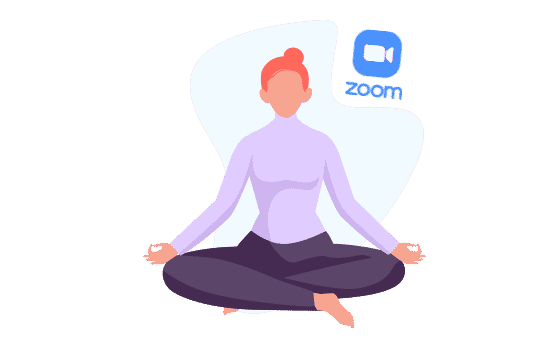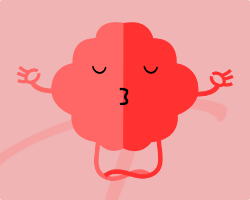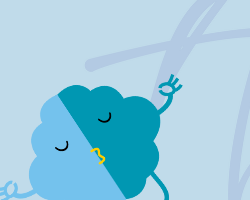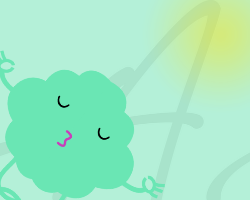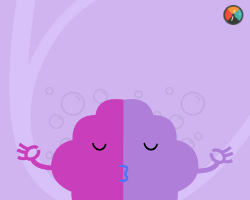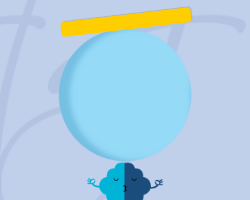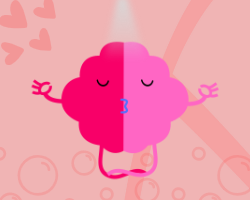Stress and Anxiety
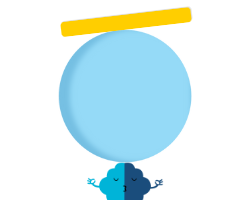
We all aspire to a fulfilling life, a good life that brings success and satisfaction on all levels. But in practice, most people experience stress on a daily basis. Ostensibly, we are the most spoiled and advanced generation since the creation of the human race, but it is precisely progress and the race for daily resources of existence that bring with it chronic stress.
In such a situation, the body’s systems are weakened and there is a sharp increase in the global morbidity of autoimmune diseases. An autoimmune disease is a disease that the body itself produces. The body mistakenly identifies a certain tissue, cells or organ in the body as an invader and produces “immune artillery” against that “invader”, resulting in the development of a disease that, according to conventional medicine, is incurable and causes inflammation and destruction of vital organs in the body to the point of danger to life and even death.
So far, over 100 different types of autoimmune diseases have been discovered and about 10 percent of the global population suffers from them.
How does the method work?
In order to gain mental health and stress relief, I developed a meditation that delves deep into the subconscious mind and cleanses it of deep emotional inhibitions. At the end of the summary describing what stress and anxiety are, you can enjoy meditation that will wash your heart of all barriers and bring you to enjoyable and fruitful emotional growth.
As an emotional therapist and coach, I have met in my clinic many patients who have suffered from autoimmune diseases, for whom medicine has not given any chance to recover, and with the help of simple tools of meditation and guided imagery that wash away all barriers and with emotional guidance, have eliminated the disease from their lives. Therefore, I decided to write a dedicated meditation for recovery from stress and anxiety lovingly served in the feminine and male languages that release alpha and theta waves that are so important for creating optimal emotional health.
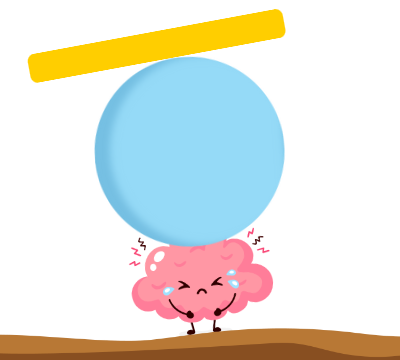
Now, let's understand what these inhibitory factors, stress and anxiety, are:
Stress is a state of emotional stress caused by situations in which a person feels threatened. Chronic stress is more likely to trigger an autoimmune disease as the body’s protective envelope is weakened by the body concentrating its energy resources for survival.
The physiological-emotional manifestations of stress can be: Headaches, chronic fatigue, the development of depression, increased sweating, rapid heart palpitations, increased blood pressure and consequently risk of stroke, acne on the facial skin, chronic pain resulting from an increase in the hormone cortisol, infection with viruses and frequent illnesses and gastrointestinal disorders (such as diarrhea, constipation, bloating, gas, abdominal pain and even inflammatory bowel diseases), changes in appetite that can be expressed in increased eating of comfort foods and obesity or alternatively loss of appetite and significant weight loss.
Anxiety disorders are mental health problems that affect adults and children. Anxiety is the body’s natural emergency response to danger, but when anxiety gets out of control, it impairs daily functioning, with severe consequences for family life, social life, career, and the freedom to enjoy life.
Sometimes anxiety is an exaggerated reaction to a real situation that occurs in a person’s life, and sometimes it is the product of a threatening delusion that causes avoidance of various situations. Anxiety may appear spontaneously, in the middle of the day, from a stimulus reminiscent of a certain threat, and when anxiety occurs regularly, it becomes a distressing, severe and threatening phenomenon that severely impairs the quality of life.
There are various causes of anxiety disorders such as psychological factors (such as personality structure), events that happened during life, a stressful lifestyle, and even physiological factors such as heredity and chemical processes in the brain.
The characteristics of anxiety can be expressed in a physiological aspect such as accelerated heart palpitations, dry mouth, muscle tension, increased sweating, nausea, diarrhea or unquiet digestive system, cold and moist palms, difficulty breathing, difficulty swallowing and insomnia. The psychological manifestations may be paralysis, irritability, a feeling of emptiness and even madness or even death.
Almost every person will suffer from some kind of anxiety disorder during their lifetime and 5% to 10% of the population suffers at any given moment from anxiety disorders of various intensities.
This is astounding given that millions around the world suffer from anxiety every day.
Diagnosis of anxiety will be made during a clinical examination by a professional such as: psychiatrist, psychologist or family doctor.
There are a variety of anxiety treatments that have been shown to be effective. The treatments are divided into treatments given with medication and psychological-emotional treatments.
And these are the treatments currently provided:
Drug treatment This approach does not focus on the emotional causes that led to anxiety, but rather hypothesizes that some imbalance has been created at the level of neurotransmitters in the brain – an imbalance that can be treated with drugs. When there are acute anxiety states, the doctor will recommend medication combined with psychological treatment.
It is important to understand that medication does not cure the source of the problem and therefore anxiety usually returns after stopping taking the medication. Psychological therapy aims to influence long-term emotional regulation and influence tendencies, habits and thought patterns and paradigms, to prevent the continued existence of anxiety and treats unconscious emotional factors that must be processed in conversations with the psychologist.
Panic attacks are a focused symptom that signals a deeper psychological problem, so there is no point in removing only the symptom since the real problem will remain and only change form.
The body and mind can be taught methods for calming and increasing self-control that will reduce the fear of a seizure and thus also reduce the probability of a seizure occurring. This approach uses therapy techniques such as relaxation, guided imagery, meditation, and hypnosis.
Types of anxiety:
Agoraphobia – fear of open and public places.
Social anxiety – anxiety during social situations such as the need to present the person in front of an audience of people, going on a date, attending an event with many people and more.
Financial anxiety – extreme fear of financial shortages and consequently avoidance of purchasing essential things while constantly preoccupied with monthly expenses.
Separation anxiety – anxiety about severing contact with a close person, even if the separation is temporary, due to the fear of being left alone and the feeling that develops in such a situation is a feeling of abandonment. The person feels abandoned, lonely and hence the great anxiety.
Total anxiety disorder – when the person is in an agonizing period of excessive, uncontrollable worry while seeing life as a chaotic state leading to obsessive thoughts, insomnia, chronic fatigue and depression.
Specific phobia – excessive fear of injury due to exposure to a certain scenario or object, such as: fear of heights, fear of dogs, fear of closed spaces, fear of flying or sailing, fear of medical examinations, fear of the formation of diseases, fear of being in nature and more.
To summarize:
The function of anxiety is to be a wake-up call to a person to avoid events that may endanger him. Anxiety activates all the systems responsible for creating the vigilance essential for escaping in times of danger, which has helped man survive in the primordial natural conditions in which he lived in prehistoric times, but today, the same dangers no longer threaten man (such as the danger of predation of animals, the need to find shelter and food in competition between the sexes) but at the same time, with the development of civilization and the removal of the main existential threats to the well-being of man, There has been no cognitive development that will lead to a weakening of the intensity of anxiety, and it appears frequently in people’s lives even in the modern era and, as mentioned, creates many challenges in the field of mental resources and medicine.
How do you prevent or deal with illness that has already formed?
If you don't make time for rest, at some point you'll have to make time for illness
John Wanamaker
My name is Ayla Jahn , over a decade ago I contracted ulcerative colitis, a turbulent autoimmune disease and my world was dark.
The doctors told me that there was no way to cure my disease and that the severe symptoms of the disease (severe bleeding in bowel movements, massive hair loss, severe abdominal pain, severe convulsions in the lower abdomen and chronic fatigue) would be an inseparable part of my reality. As a Master of Science graduate, I read every possible study and discovered that there is a cure for autoimmune diseases and the cure, how simple, is emotional.
When the mind is balanced and we experience emotional well-being , no illness will continue to nest in us.
The leading treatment method in the world today for healing the mind is meditation and guided imagery. Millions of people around the world meditate and enjoy good health.
And I’ll end with a quote:
So give yourself a few sweet minutes a day to give yourself a good and healthy rest, rest for body and soul in the relaxing meditation that will lead you to a life of joy, peace and health.
Meditation to Relieve Stress
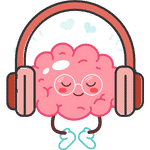
Take a deep inhale, close your kind eyes and give yourself a chance to release stress and anxiety from the depths of your soul with the following meditation

Meditation for stress and anxiety
Want to take stress and anxiety out of your life using the best, most natural and powerful tool available?
Therapeutic meditation to release and relieve daily stress and anxiety
$179
/year
Want proof from a doctor? Please...
Stress is the most dominant cause of illness today. Stress significantly lowers the immune system and makes it easy for diseases to break through the body’s natural defense envelope and attack it.
And what causes the disease to erupt? According to Dr. Nader Button:
There is not a single disease that does not depend on the psyche. Does not exist. A person who came to me with heart disease went through a breakup crisis that wasn't working properly. It could be two years ago and it could be ten years ago. In order to have a disease, we need two conditions: the first is the stress created by a crisis. Or even chronic daily stress without a crisis. The second is a low energetic state, meaning that when the defense system is unable to cope with internal or external stimuli effectively, then the dissonance effect begins to affect the body. A person who has a problem with blood pressure, and I give him medication for balance, does not recover. He becomes chronically ill. Depends on these drugs all life. I don't cure anything. There is no cure. There is treatment but there is no cure.
